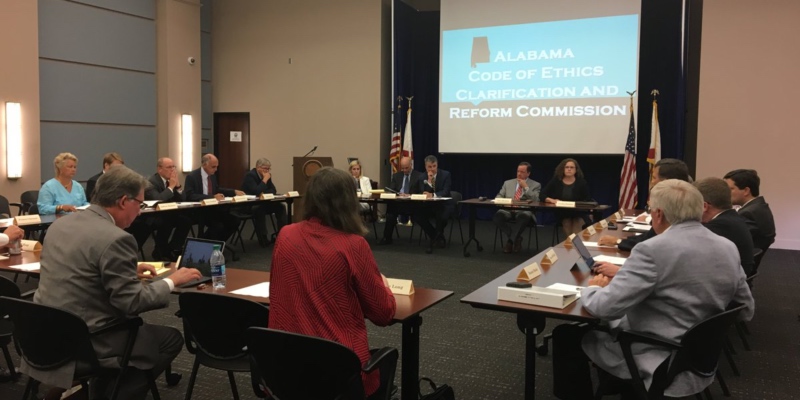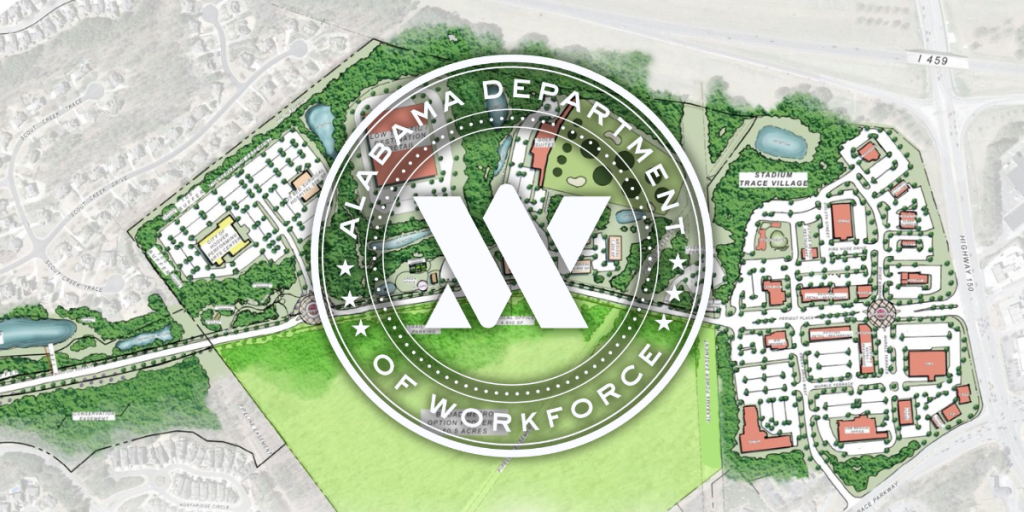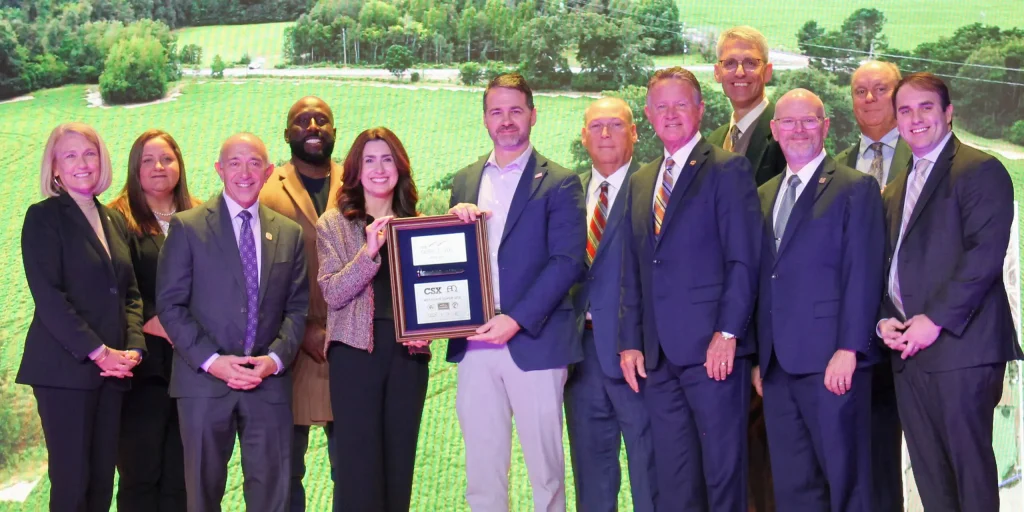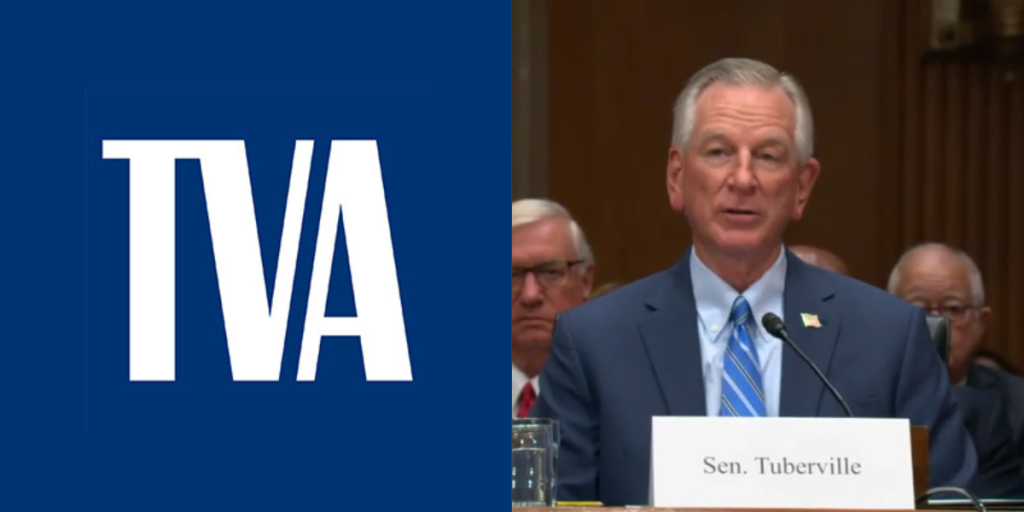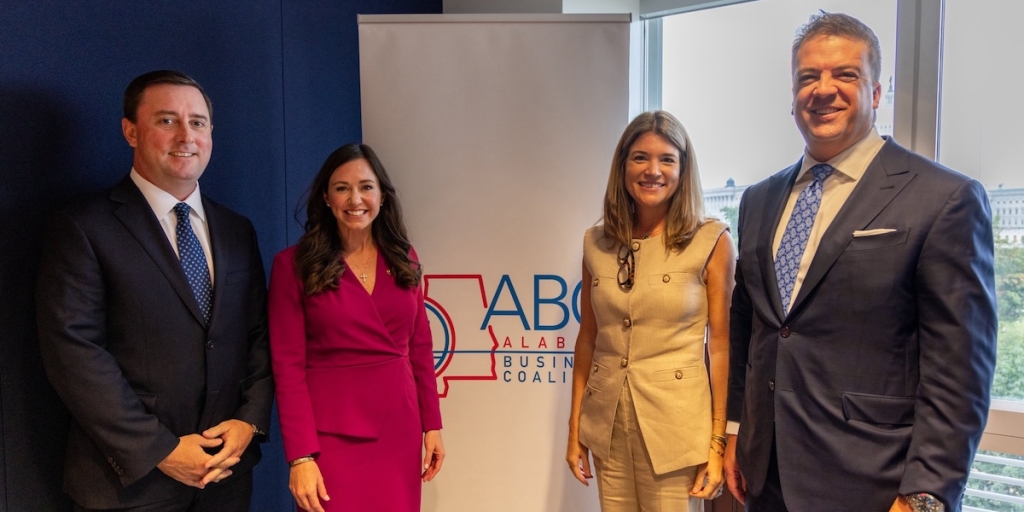MONTGOMERY- The Alabama Code of Ethics Clarification and Reform Commission held its last meeting Thursday at the attorney general’s office, with economic developers testifying about the “imperative” need for the state legislature to ensure “clarity” and “certainty” in the ethics code so not to put Alabama at a competitive disadvantage when trying to recruit new and expand existing industries.
The meeting centered on HB 317, which was passed in spring 2018 and attempted to clarify that economic development professionals are distinct from lobbyists under Alabama ethics law. Lobbyists in the state are required to register and publicly disclose their client list and activities quarterly, however confidentiality of clients, potential projects and stock market-moving information is crucial in economic development work, including site selection.
While still important and a step in the right direction, HB 317 contained a sunset provision when passed, meaning the clarification, or “safe harbor,” it provided to economic developers will expire April 1 of this year. The first thing that the state legislature was called to address Thursday was this quickly-approaching expiration date – HB 317 needs to be extended by a set number of years or simply made permanent to provide certainty.
At the meeting, Alabama Department of Commerce Secretary Greg Canfield spoke first and with authority.
As a member of the state House of Representatives when the ethics code was overhauled in 2010, he reminded members of the commission and attendees that “the legislative intent” was “to provide safe harbor for education related activities and economic development activities.”
In other words, economic development professionals were never intended to be considered lobbyists under the state ethics code. And while no one has ever been prosecuted or directly threatened with prosecution in contradiction to this intent, legal experts have since determined that the current language of the ethics code could be interpreted in a manner that would leave economic development professionals vulnerable.
“This discussion that arose became a competitive disadvantage to us in Alabama. It became a talking point between a number of site consultants, who began to question a number of concerns, such as the ease of doing business in Alabama, the lack of clarity on the issue, and the potential for uncertain legal exposure of doing business in Alabama,” Canfield outlined. “And they questioned whether job creating companies with economic development projects would even consider Alabama with confidentiality remaining uncertain.”
In the economic development world, with major companies like Mazda, Toyota, Amazon, Facebook and on down the list each having several ultra-competitive states to choose from, this type of “lack of clarity” and uncertainty is bad for business.
Canfield reiterated that this was the reason HB 317 had to be passed last year, while stressing the continued urgency of finding a permanent solution to the issue.
He also emphasized that the “safe harbor” provided to economic development professionals does not exempt them from the Alabama ethics code’s laws on unduly influencing public officials. Economic developers, just like any other private citizen in the state, still cannot give a public official anything of value (over $25) or for the purpose of “corruptly influencing” official action, for example.
“The economic development community in Alabama recognizes the vital role our ethics laws play in protecting the public trust of state and local government,” Canfield said. “We support and do not propose changing the ethics law’s focus on preventing actions that might be taken parties to corruptly influence elected officials, public officials or public employees. We support and do not propose to change the ethics law’s focus on preventing elected officials or public officials from using the mantle of their office or position for personal financial gain.”
With the tedious work of passing HB 317 in a contentious election year behind them, Canfield and other economic development leaders in Alabama called on the legislature to keep the state’s historic economic growth going by either extending or (ideally) eliminating the sunset provision of the legislation.
The state legislature will need to do this during the 2019 regular session, which begins March 5. The Ethics Reform Commission, which heard the testimony of the professionals and experts Thursday, will be proposing legislative action on the matter, with their final proposal still in progress but hoping to be ready in time for the start of the session.
“In order for us to continue to be competitive and successful as in the past, it’s important we remove that sunset provision because it creates uncertainty,” Jim Searcy, executive director of the Economic Development Association of Alabama (EDAA), advised. “That’s the one thing site selectors abhor.”
In addition to addressing the sunset provision and thus providing much-needed certainty, economic development professionals want the ethics code to be as clear as possible for everyone involved. Because of this, they want the legislature to explicitly spell out that employees of chambers of commerce across the state and government employees (whether it be municipal, county, state, industrial development boards, etc.) fall under the “safe harbor” designation of economic developers.
For a red-hot Alabama economy under Governor Kay Ivey’s leadership, Searcy pointed out that continued uncertainty and lack of clarity could foster a “chilling effect” for ongoing and potential economic development projects.
The Alabama legislature will be tasked with safeguarding the state’s continued economic surge come March 5.
Sean Ross is a staff writer for Yellowhammer News. You can follow him on Twitter @sean_yhn




